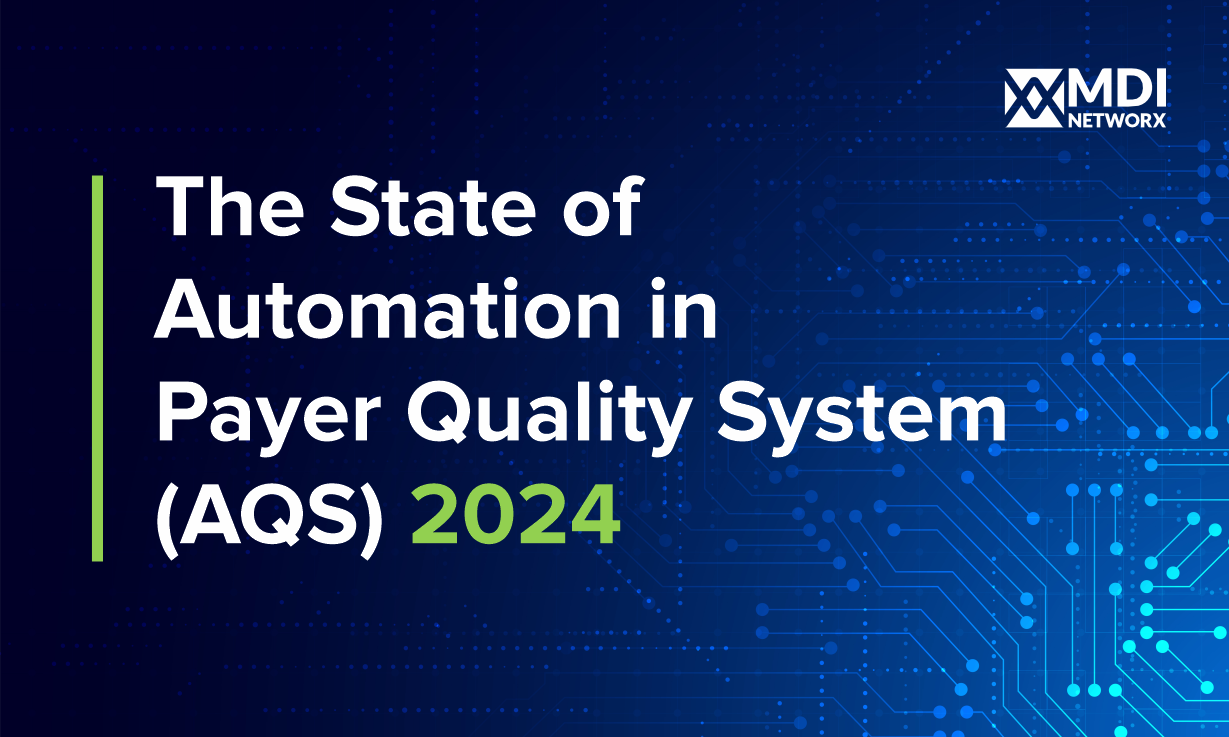As healthcare organizations face mounting pressure to enhance operational efficiency and patient care, cloud-based practice management systems (PMS) have emerged as transformative tools. These systems go beyond automating administrative tasks—they enable providers to optimize workflows, streamline claims management, and deliver superior member experiences. For healthcare organizations seeking to adapt to modern demands, cloud-based PMS offers the scalability, flexibility, and interoperability needed to stay ahead.
Why Healthcare is Embracing the Cloud
Traditional on-premises systems, often constrained by high maintenance costs and limited adaptability, no longer meet the dynamic needs of healthcare organizations. Cloud-based PMS eliminates these barriers by offering real-time access, seamless integrations, and enhanced security, all at a reduced cost.
With interoperability becoming a cornerstone of modern healthcare, cloud-based systems allow practices to connect with other tools—such as claims solutions, quality assurance platforms, and telehealth systems—fostering collaboration and data-driven decision-making.
According to industry reports, over 65% of healthcare organizations plan to increase their investment in cloud technologies, reflecting the widespread recognition of these systems' value in addressing operational challenges.
Key Advantages of Cloud-Based Practice Management Systems
1. Workflow Optimization for Efficiency
Cloud-based PMS automates key processes such as claims submission, insurance verification, and appointment scheduling. This reduces manual interventions, enhances accuracy, and ensures faster turnaround times, empowering healthcare providers to focus on member care.
2. Real-Time Accessibility Across Locations
These systems enable providers and staff to access data from anywhere, supporting multi-site practices and remote operations. Whether managing claims or monitoring quality assurance metrics, real-time access ensures that teams stay informed and connected.
3. Cost Efficiency and Scalability
By transitioning to a cloud-based model, healthcare organizations eliminate the need for on-premises hardware and ongoing IT maintenance. The scalability of these systems allows practices to adapt to changing patient volumes without incurring significant costs.
4. Interoperability with Healthcare Systems
Cloud-based solutions seamlessly integrate with electronic health records (EHR), telehealth platforms, and revenue cycle management tools, creating a unified ecosystem. This interoperability not only improves workflow efficiency but also enhances the accuracy of claims processing and quality reporting.
5. Proactive Compliance and Security Updates
Healthcare regulations, such as HIPAA, demand rigorous compliance measures. Cloud systems ensure automatic updates for compliance, protecting sensitive patient data while reducing the administrative burden on healthcare organizations.
Addressing Security Concerns
Security remains a top priority for healthcare organizations adopting cloud-based solutions. To safeguard sensitive data, these systems incorporate advanced security measures:
1. End-to-End Encryption
Encryption protocols secure patient and operational data during transmission and storage, ensuring compliance with regulatory standards.
2. Role-Based Access Control (RBAC)
Cloud-based PMS limits access to sensitive information based on user roles, reducing the risk of unauthorized access.
3. Automated Backups and Disaster Recovery
Regular backups and disaster recovery solutions ensure that data remains accessible and secure, even during unexpected disruptions.
4. Reliable Vendor Partnerships
Choosing a vendor with proven expertise in healthcare technology ensures adherence to security best practices and regulatory compliance.
Transforming Healthcare Practices with Cloud-Based PMS
Cloud-based practice management systems have redefined healthcare operations by enabling tailored solutions for organizations of all sizes.
For Smaller Practices
Independent clinics often struggle with resource limitations. Cloud-based PMS democratizes access to advanced features, helping these practices automate claims processing and enhance member interactions without overextending budgets.
For Larger Networks
For expansive healthcare organizations, these systems simplify coordination across multiple locations. Real-time data sharing and centralized reporting improve operational oversight and ensure consistent quality of care.
Supporting Telehealth Services
The rise of telemedicine highlights the importance of cloud-based systems. By integrating with telehealth platforms, these systems enable providers to deliver seamless virtual care while maintaining accurate and up-to-date patient records.
The Future of Cloud-Based PMS
As cloud technologies evolve, healthcare organizations can expect further innovation:
- Predictive Analytics: Cloud systems equipped with AI will anticipate scheduling gaps, claims errors, and patient needs, driving proactive decision-making.
- Enhanced Claims Automation: AI-powered tools will further streamline claims submissions and adjudications, reducing denials and improving cash flow.
- Blockchain Security: Emerging blockchain technology will strengthen data security and interoperability, offering a transparent and tamper-proof ledger for healthcare transactions.
Conclusion
Cloud-based practice management systems represent a critical investment for healthcare organizations seeking to enhance operational efficiency and deliver exceptional member experiences. By automating workflows, enabling seamless integrations, and ensuring compliance, these systems empower providers to meet modern demands while focusing on what matters most—improving member care.
Healthcare organizations looking to optimize their operations should explore tailored solutions designed to streamline claims management, improve quality assurance, and support scalable growth. The future of healthcare is in the clouds, and embracing this technology will ensure a competitive edge in an ever-evolving industry.





